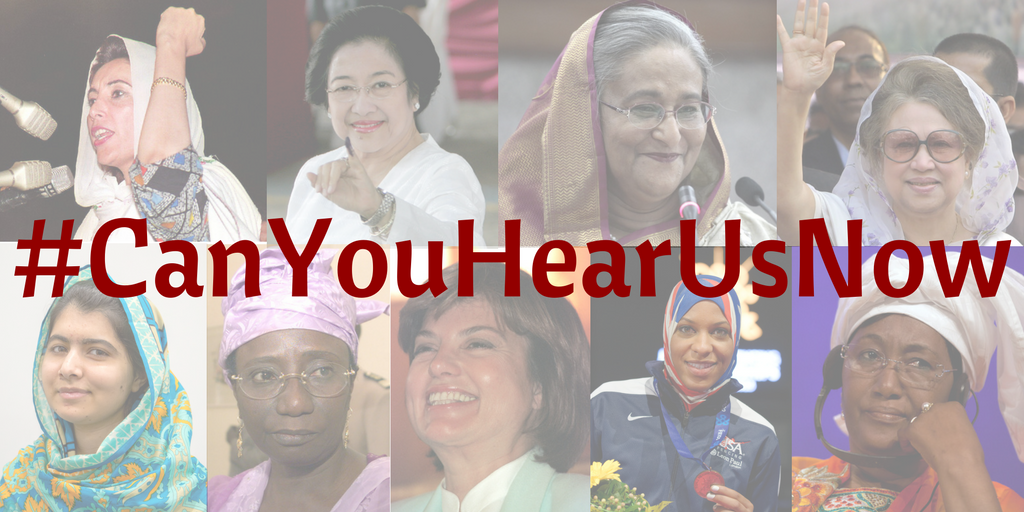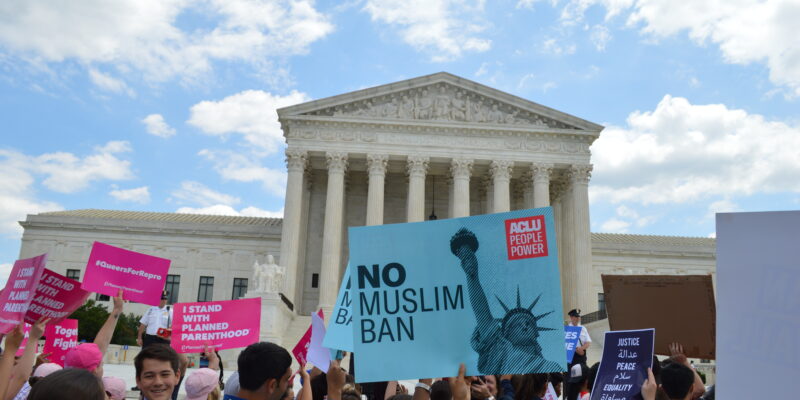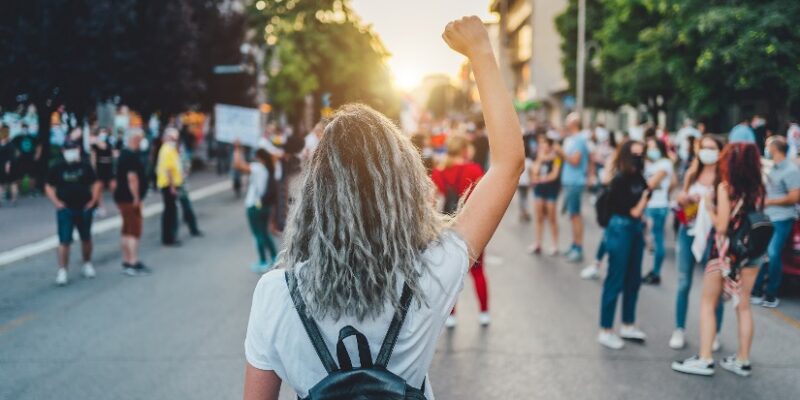
Did Twitter Just Kill the Social Media Toolkit?! Try This Strategy Instead
Advocacy organizations that launch Twitter campaigns that encourage partners and followers to copy and paste sample tweets will need to pay attention and shift their strategy. In the face of a new set of Twitter policies intended to “reduce mis- and disinformation and promote a healthy discourse on the platform,” we need to shake up some of our go-to strategies.
Why? Twitter announced that it would now limit the visibility of duplicative or “copypasta” content (defined below).
As one of our colleagues suggested when she saw the news, “This feels good for tackling misinformation, bad for organizers and their sample tweets.”
But that isn’t a reason to panic. In fact, it can be just the push that advocacy groups need to deliver Twitter campaigns that tell multitudes of stories, showcase many stakeholders, and provide journalists with a variety of spokespeople and story angles to consider for their coverage.
First, what the heck is “copypasta”?
From Twitter’s announcement:
“Copypasta” (a reference to copy-and-paste functionality to duplicate content) is an Internet slang term that refers to an attempt by multiple individuals to duplicate content from an original source and share it widely across social platforms or forums.
On Twitter, copypasta or duplicative content can be a block of text, image, or a combination of content that has been copied and pasted, or duplicated by any means across the platform.
While copypasta or duplicate content is a tactic for propagating a message, and is used for a wide range of purposes, it can be repetitive, spammy, and disruptive to people’s experience on Twitter. Duplicative content can also be used to artificially amplify content, suppress information or manipulate Twitter’s Trends, Top Search results and conversations across the platform.
What does that mean for us?
For starters, the days of developing social media toolkits that share tweets for organizations to copy/paste into their own feeds are likely over. Ditto some of our strategies to all share the same image in a series of tweets, such as promoting events or protests or calling on elected officials to take a certain action.
Advocacy organizations will have to take more time and tailor recommendations to craft original, authentic tweets, rather than simply sharing posts that others have drafted.
But that isn’t necessarily a bad thing. Here’s why.
This provides us a (forced) opportunity to share more perspectives
While campaigns that encourage our partners to copy/paste/share content undoubtedly take organizations less time to participate in, their effectiveness is mixed.
Sometimes they are great, like when organizers with New Florida Majority called on the Miami-Dade County Council to #StartCounting 127,000 petitions for a public financing program and to #LetMIAVote. Their public pressure on the council members and the mayor helped get much needed attention on organizers’ great work in collecting so many petition signatures and pushing for the will of the voters to be heard.
Other times, meh. Groups participate in the campaigns, but the results are just… fine.
That happens. Not every campaign goes viral.
But here’s how we’ve seen campaigns make a bigger impact
We provide a framework for the components of a compelling campaign, but leave it up to organizations, spokespeople, and advocates to customize their posts to tell their own stories and to feature their own work.
This works well for a few reasons:
-
The strategy counters the roadblocks Twitter just announced to make “copypasta” less visible. These are tailored tweets from each account, so they all look different.
-
These tweets look (and, indeed, are!) more genuine and authentic. This makes them way more compelling than a generic call to action + hashtag tweet.
-
These tweets provide journalists (who spend an inordinate amount of time on Twitter finding sources and story ideas) even more angles to consider and spokespeople to source, all because they’re learning more about the specifics discussed in each tailored tweet.
Want to see this in action?
#MuslimID
After then-candidate Donald Trump’s proposed the creation of a ‘Muslim database’ and Muslim IDs, and after seeing this article about a Muslim Marine’s response to the Trump proposal, we thought it was a great opportunity to replicate that strategy.
In an email to coalition partners, we said:
We’re asking that Muslims from all walks of life share their ID’s – teacher IDs, student IDs, security guard IDs, journalist badges, Congressional staffer IDs, etc – and post them to Twitter between now and 1 pm. If everyone could use language in their Tweet that says something like “Hey @realdonaldtrump is this enough of a #MuslimID for you?” and use the hashtag #MuslimID, and if we can get enough Tweets to turn this into a news story, we think that could be really powerful. Naturally, we’d ask that you blur out any sensitive information from your IDs before sharing on social media.
It would be great to get this action going, so please pass on to anyone who you think might be a good candidate for something like this.
That campaign went viral, with traditional media outlets covering it, as well.
#CanYouHearUsNow
After then-candidate Donald Trump insinuated that Gold Star mother Ghazala Khan did not speak from the stage at the 2016 Democratic National Convention because her religion might not allow her to, a coalition of Black, Arab, Middle Eastern, Muslim, Sikh, and South Asian (BAMEMSA) organizations turned that news cycle on its head.
With the hashtag #CanYouHearUsNow, Muslim women—from attorneys to professors, PTA members to policy experts—shared how they contribute to their communities and shape society … and maybe the Republican nominee just needed to listen.
[Here’s more about that campaign.]

Not only did the conversation trend nationally on Twitter and garner more than 60,000 tweets, it also earned headlines in outlets like NBC News, The New York Times, USA Today, NPR, and People Magazine. (The campaign was also a finalist for a Shorty Award.)
#MuslimsReportStuff
During a town-hall-style debate during the 2016 presidential campaign, in response to a question about how the candidates would respond to the rising issue of Islamophobia, Trump suggested, Muslims who come into the country must “report when they see something going on.”
The BAMEMSA community again took to Twitter to push back. Using the hashtag #MuslimsReportStuff, the community sent a barrage of tweets reporting everything from the innocuous (“I saw my sister drink straight from the orange juice carton,” and “My mom uses store-bought filo pastry”) to the serious (“I’m a Muslim and, just once, I’d like to hear candidates talk about me neither as a terrorist nor as eyes and ears on terrorists.”) In addition to trending nationally in the middle of the debate, we also garnered a slew of major media hits, including NPR, The Washington Post, and The Guardian.
Bottom Line
In light of Twitter’s recent announcement about “copypasta”, advocacy organizations will need to spend more time and energy creating social media strategies that offer the opportunity to tailor their content, rather than suggesting that others copy/paste their drafts.
But the stories that our communities can continue to share via more customized Twitter outreach will make far more of an impact than generic call to action + hashtag posts could ever dream of.



